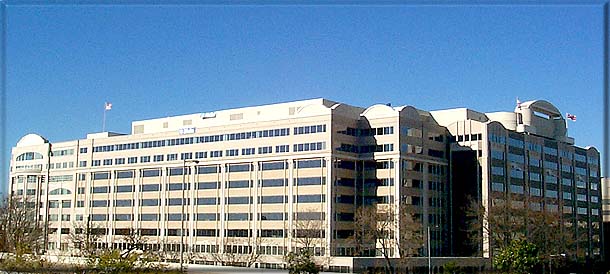Walden comments on net neutrality, Title II and FCC
WASHINGTON – House Communications and Technology Subcommittee Chairman Greg Walden (R-Ore.) recently delivered an address to the American Enterprise Institute, a well-known conservative think tank, discussing the reauthorization of the Federal Communications Commission, the recent net neutrality ruling and congressional inaction.
Walden had harsh language for the FCC open Internet vote, which was handed down the week before.
“What the FCC did last week is ill-advised, illogical and illegal. And while there are other tools at Congress’ disposal to express our displeasure with this action,” he said.
Walden further elaborated on the FCC decision to take the Title II route of regulation.
“Taking the Title II path that the president decided upon is a mistake, something that we explored thoroughly in my subcommittee’s hearing … and one that I truly believe will ultimate harm the Silicon Valley companies that celebrated this step backward for U.S. Internet policy,” Walden said. “Title II will only lead to increased uncertainty, depressed investment and decreased innovation. As someone who represents a rural district that is still waiting for robust and widespread broadband coverage, any disincentive to greater broadband build-out is extremely troubling. I can’t stress enough the damage that I believe this Title II approach will have on our country’s broadband speed and deployment – this may truly be the end of the Internet we know and love, if these rules withstand a court challenge.”
During his remarks, Walden offered up an alternative to the FCC decision to regulate under Title II and name-checked some key lawmakers.
“Chairman Upton, Chairman Thune and I worked together to draft a bill that would put into law the protections that net neutrality proponents have sought for years without the caustic, investment killing uncertainty of Title II,” Walden said. “The bill prohibits blocking, throttling and paid prioritization, and requires that [Internet service providers be transparent in their network management practices and prices. We cover both fixed and mobile broadband, and we provide enforcement mechanisms that allow the FCC to address complaints from consumers as well as raise investigations of its own accord.”
Walden was quick to blame Congressional partisanship on Congressional Democrats and reiterate he was open to a bipartisan approach to the issue.
“We have reached out repeatedly to members and staff in an attempt to, at the very least, begin a dialogue on the potential for compromise, but to date, our efforts have gone unanswered,” Walden said. “I am at a loss for how to make my plea any clearer to my colleagues. Please work with us to draft a bill.”
On the subject of the FCC reauthorization, which would be an issue should the Communications Act be updated, Walden highlighted the rapidly evolving telecom industry.
“It has been 24 years since the FCC was last reauthorized by Congress. When you think of the almost uncountable ways the communications and technology industries have changed, how can the agency still be reliant on a budget and an authorization that was passed before the advent of smartphones or the rise of the commercial Internet,” Walden said. “The FCC is a child of Congress, and it is high time that we return to the good government practice of having the authorizing committee take a hard look at the agency before Congress hands over another appropriation.”

